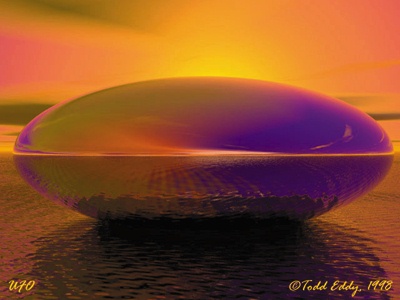All Nonfiction
- Bullying
- Books
- Academic
- Author Interviews
- Celebrity interviews
- College Articles
- College Essays
- Educator of the Year
- Heroes
- Interviews
- Memoir
- Personal Experience
- Sports
- Travel & Culture
All Opinions
- Bullying
- Current Events / Politics
- Discrimination
- Drugs / Alcohol / Smoking
- Entertainment / Celebrities
- Environment
- Love / Relationships
- Movies / Music / TV
- Pop Culture / Trends
- School / College
- Social Issues / Civics
- Spirituality / Religion
- Sports / Hobbies
All Hot Topics
- Bullying
- Community Service
- Environment
- Health
- Letters to the Editor
- Pride & Prejudice
- What Matters
- Back
Summer Guide
- Program Links
- Program Reviews
- Back
College Guide
- College Links
- College Reviews
- College Essays
- College Articles
- Back
The Idea of Going Beyond the Material World
Have you ever wondered why our world is so focused on having the best of this or the most of that? Perhaps its because none of us have ever really known, or understood where true happiness comes from. There are many that believe it lies with having a newest cell phone or a bank account with millions. My question is what happens when a newer cell phone comes out, or you lose your money, what then? Will your happiness be forever lost? In the Romantic period in literature, poets sought answers to universal questions; they sought truth, they strived to create significant works of art, and believed that by reflecting on nature you could discover your highest self.
Poets during the Romantic period in literature sought the truth to numerous questions such as; Why do dangerous animals like tigers exist? What do they do for the world? In “The Tyger” by William Blake, the narrator asks his readers what is the purpose of the tiger? Was the creature forged of good or evil? The answer in my opinion could be both. The tiger could be seen as evil because it is a predator. The tiger kills, but not for pleasure, for a purpose for food not only for itself, also for its pack. The tiger could be seen as good because it provides for its family, and also contributes to solving the problem of overpopulation. The truth is not always definitive, and sometimes we are left in eternal uncertainty.
Many artists of all sorts during the Romantic period strived to create significant works of art. They approached writing a poem as if it were a painting, every word carefully chosen like the color, every sentence meticulously crafted like a brushstroke forming a picture. All put together to create a feeling, to draw emotion from the viewer, or in this case, the reader. Poets created masterpieces by putting words together, that made the reader feel, the way they did.
There were many people, artists in particular, during the Romantic period that held the belief that one’s reflection on nature could lead to the discovery of your highest self. In “The World Is Too Much with Us,” by William Wordsworth, he asks the question; why are things so important to us? He says when people are so involved, and obsessed with material things, they tend to miss the beauty right in front of them, “We have given our hearts away, sordid born! This Seas that bares her bosom to the moon; The winds that will be howling at all hours; And are all gathered now like sleeping flowers; For this, for everything, we are out of tune; It moves us not.” (p. 562)
Throughout the Romantic period in history, writers searched for answers to many universal questions such as: what is the truth about nature, about life? They worked hard to create masterpieces that would be remembered for eternity, and were convinced that if they reflected on nature, they would eventually reach their highest self. Some things like the purpose of tigers will forever remain a mystery, whether thats a good thing or bad thing will also be left to wonder. William Blake and William Wordsworth who lived many, many years ago crafted ingenious writings that will live on and be read from generation to generation until the end of time. We learn from observation, and by observing nature we learn the value nature places on us, the constant said to be emotionless force depends on us for survival. Our happiness should not depend on things, objects. Our happiness is a choice, a choice only we can make. So I wonder, how many of us will choose misery, and how many happiness?

Similar Articles
JOIN THE DISCUSSION
This article has 0 comments.
